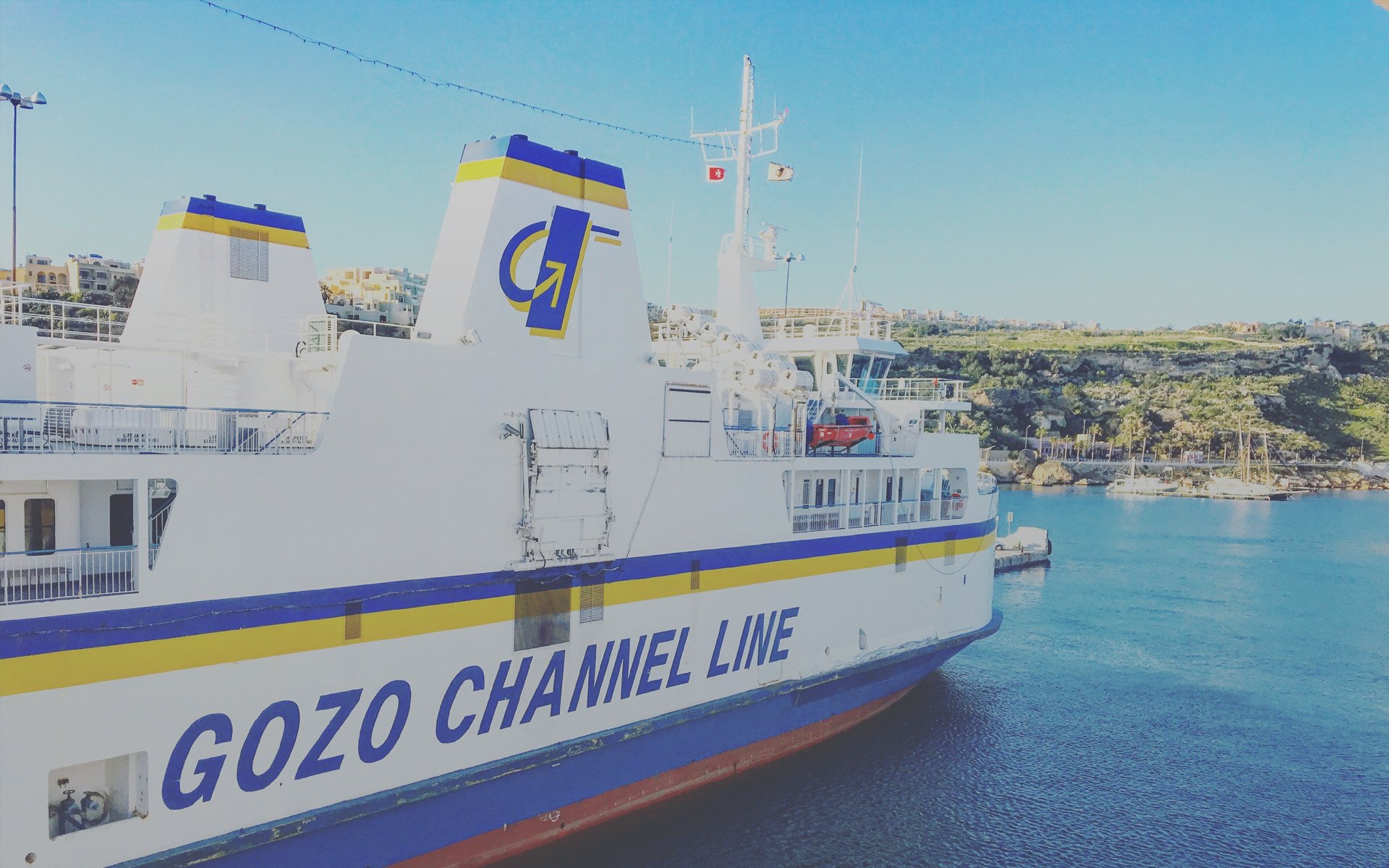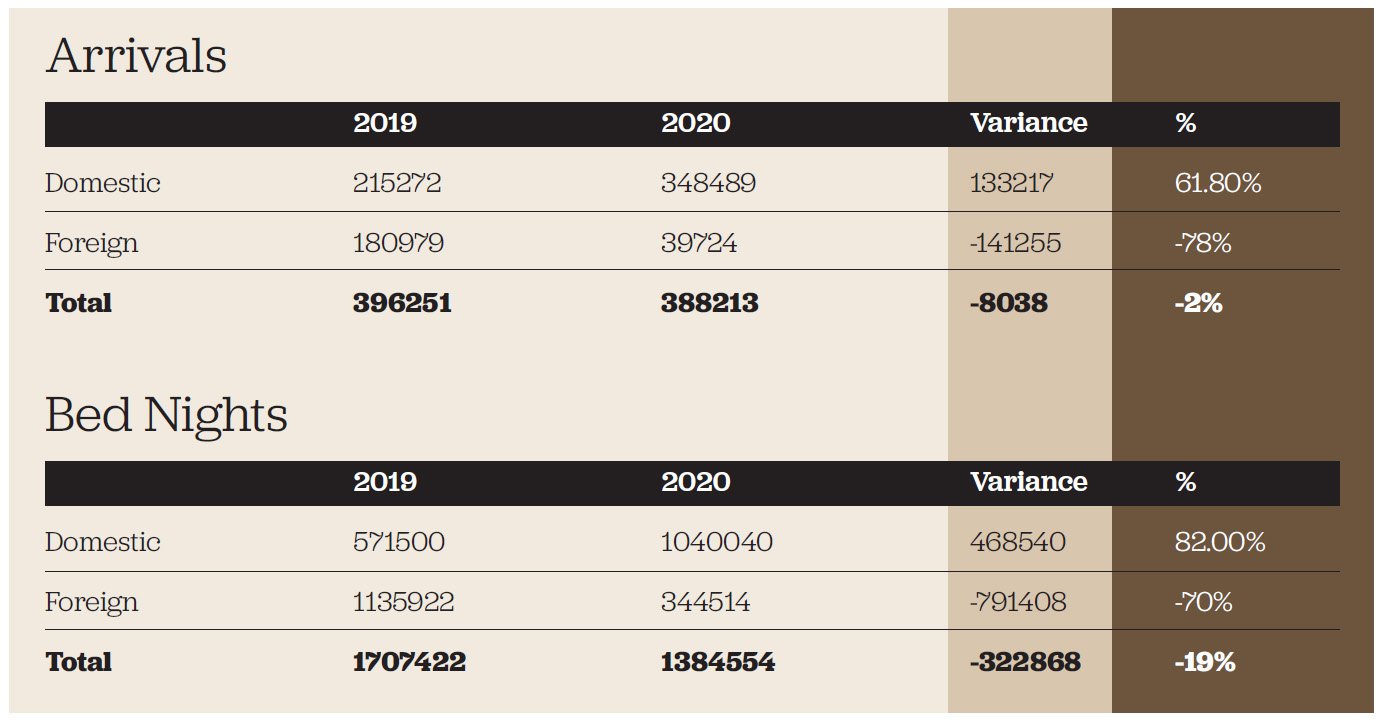
The Impact of COVID-19 on Tourism in Gozo

Representing Mediterranean Heritage in Vietnam
November 17, 2021
The Show Must Go On
November 20, 2021Tourism is a major component and contributor of the Gozitan economy. It is a sector which not only injects overseas funds in the economy, but due to its high multipliers also creates other job opportunities.
The economic benefit of tourism is far more reaching and therefore beneficial to other directly and indirectly related segments, which either depend on tourism activity for their custom or else depend on expenditure generated from tourism for their success. In such a scenario, it is estimated that approximately 50% of the Gozitan Gross Domestic Product (GDP) is generated by the tourism sector.
Prior to the disastrous consequences due to the rapid global spread of COVID-19, the tourism sector in Gozo was passing through a relatively strong cycle. However, with the global outbreak of COVID-19, this sector was dealt with a big blow. Up to this day, tourism continues to be one of the sectors hardest hit by the Coronavirus pandemic, and the outlook remains uncertain at least for the remaining months of 2021.
Recently the National Office of Statistics (NSO) published a News Release which also covered the Regional Tourism Performance comparative 2018-2020. The published data reveals interesting information on the tourism sector performance in Gozo, especially during 2020 in the thick of the unprecedented COVID-19 pandemic. As expected, the tourists’ arrivals to Gozo were drastically affected, as these were hampered and conditioned with the various travel restrictions imposed by Government to contain the spread of COVID-19.
These included the closure of the Malta International Airport between 23rd March and 30th June, 2020 as well as the restriction on non-essential travel between Malta and Gozo between 3rd April and 3rd May, 2020. As shown in the table below and as expected, the foreign arrivals were dramatically hit with a registered drop of 141,255 or 78% less during 2020 when compared to 2019. This decrease in arrivals resulted in a loss of 791,408 benights or 70% less in 2020 when compared to the previous year 2019.
As can be predicted such massive decreases in foreign arrivals and bed nights left their mark on the tourism sector in Gozo. Apart from the accommodation units and the catering establishments other direct sectors within the tourism Gozitan composite were affected. These included also the diving establishments as well as the transport operators who totally rely on foreign visitors for their day-to-day operation.
On the other hand, the losses from the foreign visitors in the accommodation and the catering establishments were partially mitigated by the domestic visitors. Since the start of this unparalleled pandemic, the Gozo Tourism Association urged its members to focus their attention on the domestic market, as in the circumstances, destination Gozo was the natural choice for domestic tourists to take their respective holidays. As mentioned earlier apart from some weeks in April 2020, when travel restrictions between Malta and Gozo were in force, thousands of Maltese flocked to the sister Island during most of the weekends of 2020, and for extended stays during the summer months.
As shown in the table on page 27, this resulted in an increase of 133,217 or 61.80% more in domestic arrivals in Gozo in 2020, when compared to 2019. Cumulatively during 2020, the number of arrivals from both the domestic and foreign guests saw a drop of 8,038 or 2% less arrivals in 2020, when compared to the previous year. On the other hand, the cumulative bed nights spent by domestic and foreign visitors to Gozo resulted in a drop of 322,868 or 19% less bed nights in 2020 when compared with 2019. It is to be highlighted that the for the first time the number of domestic bed nights surpassed the one million figure and registered 1,040,040 in 2020, translating into an 82% increase in domestic bed nights in 2020 when compared to those achieved in the previous year.
As can be predicted such massive decreases in foreign arrivals and bed nights left their mark on the tourism sector in Gozo. Apart from the accommodation units and the catering establishments other direct sectors within the tourism Gozitan composite were affected. These included also the diving establishments as well as the transport operators who totally rely on foreign visitors for their day-to-day operation.
On the other hand, the losses from the foreign visitors in the accommodation and the catering establishments were partially mitigated by the domestic visitors. Since the start of this unparalleled pandemic, the Gozo Tourism Association urged its members to focus their attention on the domestic market, as in the circumstances, destination Gozo was the natural choice for domestic tourists to take their respective holidays. As mentioned earlier apart from some weeks in April 2020, when travel restrictions between Malta and Gozo were in force, thousands of Maltese flocked to the sister Island during most of the weekends of 2020, and for extended stays during the summer months.
As shown in the table on page 27, this resulted in an increase of 133,217 or 61.80% more in domestic arrivals in Gozo in 2020, when compared to 2019. Cumulatively during 2020, the number of arrivals from both the domestic and foreign guests saw a drop of 8,038 or 2% less arrivals in 2020, when compared to the previous year. On the other hand, the cumulative bed nights spent by domestic and foreign visitors to Gozo resulted in a drop of 322,868 or 19% less bed nights in 2020 when compared with 2019. It is to be highlighted that the for the first time the number of domestic bed nights surpassed the one million figure and registered 1,040,040 in 2020, translating into an 82% increase in domestic bed nights in 2020 when compared to those achieved in the previous year.

These results clearly indicate that the drop in foreign arrivals was partly mitigated by arrivals from the domestic market, closing the gap just short of 2%. The drop in foreign bed nights was partially mitigated, however with a wider gap of 19%. From such data the difference is clearly evident between the length of stay achieved by the domestic market which is based on 2 nights (weekend breaks), and the length of stay usually attained by the foreign visitor of approximately 6 nights. It is worth noting that during 2020 the average length of stay for both the foreign and domestic visitor to Gozo increased. In fact, while in 2019 the average length of stay of the domestic tourist was 2.65 nights, the domestic length of stay in 2020 increased to 2.98 nights.
On the same trend in 2020 the length of stay of the foreign visitor reached 8.67 nights when compared to 6.27 nights achieved in 2019. Throughout this COVID-19 period, the domestic market proved to be an important component for the Gozitan tourism sector. Let us enhance it and sustain it. There’s no shortage of doable ideas, let us have the will to implement them. On the other hand, the COVID-19 experience is an opportunity to rethink tourism in future. Tourism is presently at a crossroads and the measures applied today will shape the tourism of tomorrow.
The long-term consequences of this pandemic need to be considered, while capitalising on digitalisation and promoting the transformation needed to build a stronger, more resilient and sustainable tourism sector. Finally, the COVID-19 experience also revealed yet another niche market which dovetails perfectly with Gozo’s unique selling propositions. The concept of remote working has now become an everyday reality. During the past months Gozo started experiencing the niche of digital nomads. With improved technologies especially with the introduction of the second fibre optic cable on the Island, Gozo has a potential and ticks all the boxes to attract the market of Digital Nomads.
However more needs to be done in order for Gozo to have a competitive edge on other destinations close to us that are already attracting this kind of market. At the end, irrespective of COVID-19, tourism in Gozo needs to continue to develop its touristic offer, in a sustainable and well-planned manner, respecting the same characteristics that destination Gozo is known, sought and visited for.

Joe Muscat
Having worked in the Gozitan Tourism Industry since 1979 in one of the leading Gozitan Hotels, Joe Muscat joined the Gozo Tourism Association in 2011 on full-time basis and presently occupies the post of Chief Executive Officer of the same Association.
He is one of the founder members of the Gozo Tourism Association, and has served on the Association’s council since its inception in 1999. Throughout these years he has been successively endorsed up to 2010 as General Secretary of this Association which represents the diverse sectors of the tourism industry on the island, ranging from accommodation to catering and other establishments offering various tourist services.
As Vice-Chairman of the Gozo Regional Committee (GRC), Joe Muscat currently sits as one of its representative on the Maltese Council for Economic and Social Development (MCESD).
Presently Joe Muscat is also a Director on the Malta Tourism Authority (MTA) Board, appointed as the person representing the Gozitan tourism sector, Director on the recently appointed Gozo Regional Development Authority (GRDA) Board and member on the Dwejra Steering Committee.
Click here to see Horeca Issue 6 online



